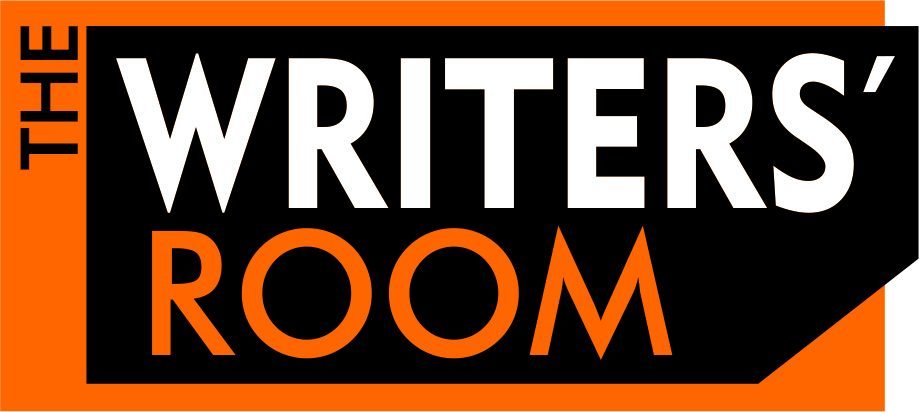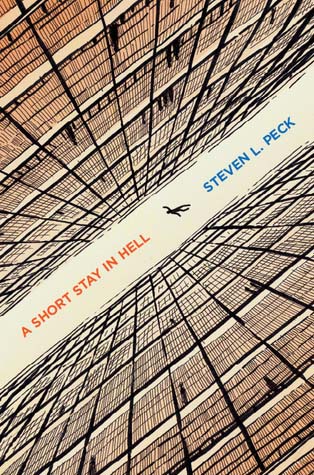
According to Payne, her school days were spent enjoying “minor but substantial pleasures” in the field of writing, having had her poetry featured in national publications, and developing a small following of school friends, who enjoyed reading the handwritten fanfiction stories that she recorded in exercise books.
She has had her work featured in publications like ‘Guyana at 50’, a book published in honour of the country’s 50th independence anniversary as well as ‘Jazz and Poetry on a Stool’- an Anthology of poems by Guyanese writers. Her profile has also been featured in ‘50 Women, 50 Years,’ which highlights the works and endeavours of notable Guyanese women.
Payne, who holds a Bachelor of Arts Degree in English from the University of London as well as a Master in Business Administration in Marketing from the University of Bedfordshire, is the current editor of the Guyana Chronicle’s Sunday Magazine, The Pepperpot. Her story, “Another one for Mother Moon,” was one of the stories shortlisted for the Edgar Mittelholzer Prize for Open Short Story by the Guyana Annual, which explores ‘’Guyanese folklore’’ in this year’s edition.
Yet she says the simple pleasures of writing remain at the core of her work, and it is these pleasures that she focuses on rather than any forms of recognition. She is content, she explains, “with simply writing for the joy of it all.”
The Writers’ Room: “Another one for Mother Moon” doesn’t read like a typical folk tale and that seems by design. You seem to be walking a fine line between a number of different genres, including horror. What inspired the story and what gravitated you towards the approach that you took to exploring the lore of the Moon Gazer?
Jasmaine Payne: Apart from my own preference for horror and psychological thriller, I see Guyanese folklore as falling within those genres itself, so I wanted to incorporate some recognisable tropes of those genres while writing “Another one for Mother Moon”. I chose the story of the Moon Gazer because, in my own experience, it is one of the less written-about creatures of our folklore and there is not much detail other than “tall menacing figure who stares at the moon and breaks the necks of those who walk between his legs”. I wanted to give the Moon Gazer an origin story- give him a face and a purpose as to why he is so enthralled by the moon. So, I built the story around that.
TWR: What appeals to you about those two genres—horror and psychological thriller—and do you see more of a challenge now in perhaps trying to scare a reader living in a time when so much of what’s been happening around them has been so terrifying?
JP: Believe it or not, true lovers of horror and thriller don’t indulge in those genres to be scared or thrilled; they do so to be intrigued; to dissect the complicated elements of the creators’ minds that would make them tell such twisted stories. So, while, indeed, it may be tougher to give a good scare these days, luckily, I am not aiming for that. Aiming to intrigue a reader takes a writer down a different path with regard to their creativity, and that is what I try to do.
TWR: You say writing is your passion and as someone who works as a writer, editor and public relations consultant for a living, you seem to have ordered your world with that in mind. Are you always passionate about writing, though?
JP: Passion manifests itself in different ways depending on the person and their experiences. For me, writing has always been the strongest tool that I bring to the table and, because it brings me so much fulfillment I have worked tirelessly to ensure that every professional decision I have made incorporates writing of some kind, just so that I could have it as part of both my personal and professional life. I think that kind of persistence must be related to some sort of passion. So, I would say that I am indeed always passionate about writing especially since it has become part of my everyday life.
TWR: How much of it do you think is work and how much of it is talent?
JP: I hope I don’t sound conceited when I say that I believe it is more talent than work. I’m confident in my ability to write practically anything, simply because writing has always come so natural to me. The work comes in learning the intricacies and rules of the different types of writing. But I am never worried about that because I know the foundation is already there.
TWR: And where does writers’ block – something you’ve publicly admitted to being afflicted by – figure into that equation?
JP: Fortunately – or unfortunately- any writer’s block that I have experienced has only been in my creative writing. When it comes to technical writing- which takes up the majority of my career- I am never at a loss for words. The beauty of technical writing is that there are rules to follow and the writer just has to inject their skill within those boundaries. With creative writing, it’s not so straightforward. A writer is under much pressure to tell a story in as unique a way as possible while still having that “wow” factor. That is a lot of pressure and that makes it so much easier for writer’s block to creep in. I am still trying to conquer that aspect of my writing, but until then, I am happy with being able to experiment, perfect and even earn from other types of writing as well.
I’d recommend Steven L Peck’s ‘A short stay in Hell’. It’s very short and highly unorthodox, for anyone looking for an intriguing read.







